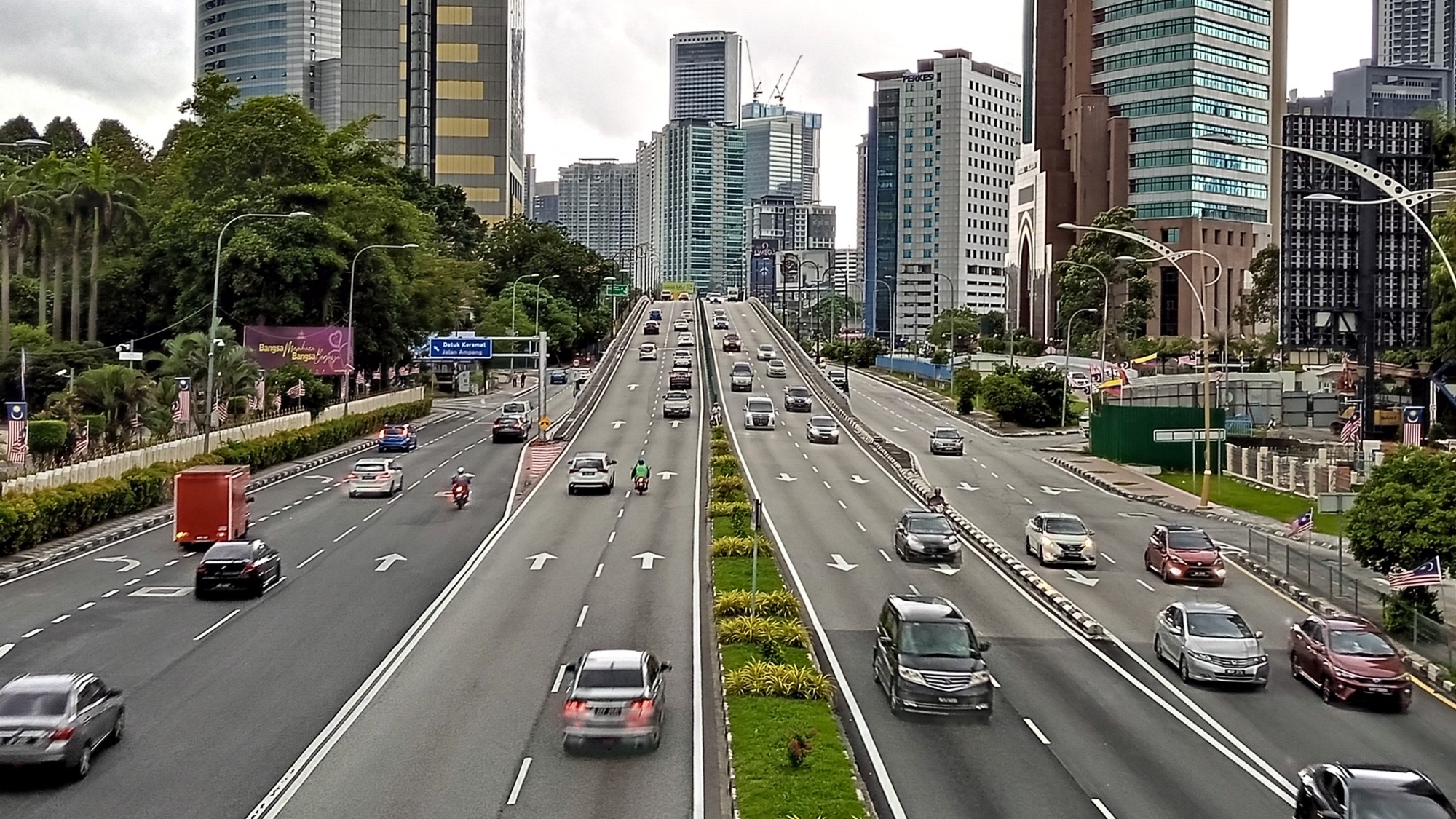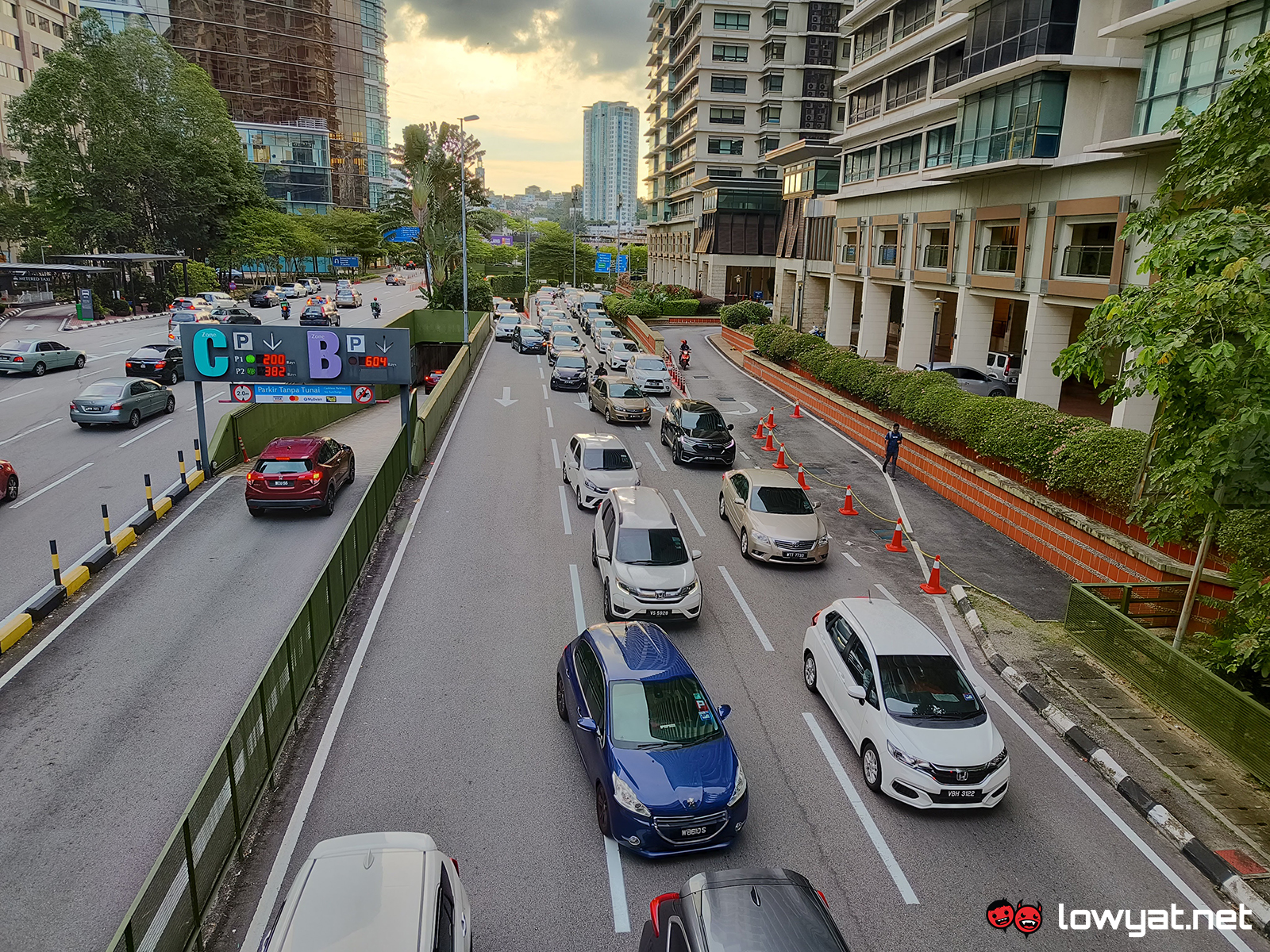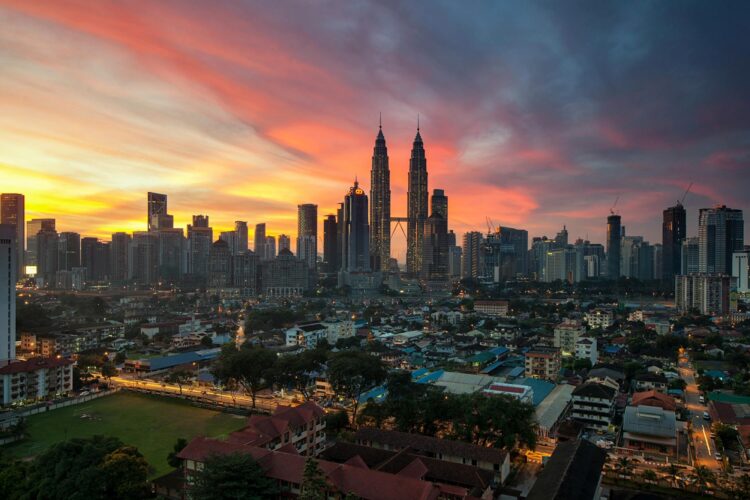Road management is crucial in maintaining the infrastructure, safety and the effectiveness of the road itself. Thus, Malaysia will be implementing the use of artificial intelligence (AI) to do so, according to the Works Minister Datuk Seri Alexander Nanta Linggi.
This was revealed by Nanta during his presentation at the 2025 Intelligent Transport System (ITS) Asia Pacific Forum in Suwon, South Korea yesterday. He also added that by using smart monitoring technologies such as drones, sensors and Internet of Things (IoT), the damage on the roads can be detected in real time. “AI helps us analyse this data to identify locations that need immediate attention and to predict potential future damage,” he said.

Nanta also shared the Malaysian ITS Roadmap 2030 which aims to build a national mobility that is safe, more connected and sustainable. “The ITS is currently a basic requirement in the construction of future cities that are resilient, efficient and sustainable. The Malaysian ITS Roadmap 2030 being developed will be our main guide in transforming the country’s ITS landscape,” he added.
According to the Works Minister, the roadmap has five pillars starting from hyperconnected transport through seamless smart mobility followed by the pathway towards green and sustainable mobility. The other three include strengthened public services through the digitisation of transportation, a safe and secure transport ecosystem, and the use of data for mobility and transport planning.

He also pointed out the revolutions that are already happening in Malaysia including the growth in autonomous vehicles, the use of electric public transport vehicles, the introduction of the Multi-Lane Free Flow (MLFF) system and the establishment of the National Intelligent Traffic Management Centre (NITMC) in Malaysia. “All these plans can be translated into action. Malaysia will continue to innovate, invest and collaborate to build a country that is hyperconnected,” he added.
“These transformation initiatives illustrate Malaysia’s strong commitment to building a safer, more efficient and sustainable transport ecosystem,” said the Works Minister. He also added that these initiatives are in line with the country’s broader vision towards hyperconnected cities.
(Source: Bernama)


